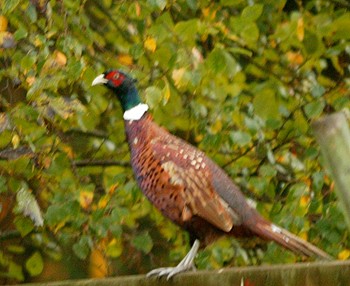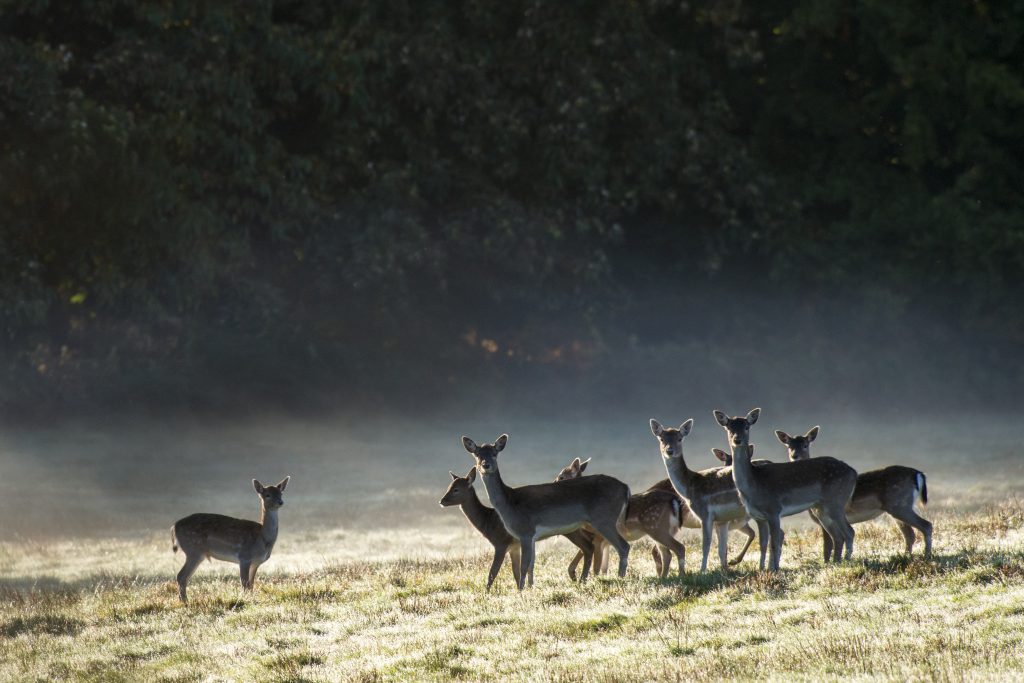★ Win a Schöffel Country shooting coat for everyone in your syndicate worth up to £6,000! Enter here ★
Keepers call for more time to catch-up birds
<strong>Scottish gamekeepers back a proposal to extend the end-of-season catching-up period to the end of February</strong>

The National Gamekeepers? Organisation (NGO) has joined forces with the Scottish Gamekeepers Association (SGA) to criticise a proposal in the Scottish Wildlife and Natural Environment Bill to impose a 14-day limit on catching-up.
Both groups agree that a resolution of the legal situation on the long-established practice of capturing wild pheasants and partridges for breeding purposes at the end of the shooting season is long overdue, but both also agree that the proposed two-week timescale to carry out the work is inadequate.
An NGO spokesman told Shooting Times: ?Some keepers do all the catching-up they need to in January, as the law currently requires, but we are talking about wild birds here and a time of year when the weather can be particularly tricky, especially in the north. Often, catching-up cannot be completed in time and there needs to be a legal mechanism to allow for that. A two-week window is not the answer.?
In a briefing note sent recently to MSPs, SGA committee member Bert Burnett said the whole month of February should be allowed for the work: When the season ends on 1 February, the birds are usually scattered across an entire estate and time is required to draw them back to feeders to concentrate their numbers and make the capturing process more practical and efficient. If the weather is mild, the birds are reluctant, making catching-up within 14 days extremely difficult.
The rest of this article appears in 19th January issue of Shooting Times.
What is YOUR opinion?
Join other ST readers in our forums to discuss your views.
Like this article? Mark this page on a social bookmarking website…
rdl3
Related Articles
Get the latest news delivered direct to your door
Subscribe to Shooting Times & Country
Discover the ultimate companion for field sports enthusiasts with Shooting Times & Country Magazine, the UK’s leading weekly publication that has been at the forefront of shooting culture since 1882. Subscribers gain access to expert tips, comprehensive gear reviews, seasonal advice and a vibrant community of like-minded shooters.
Save on shop price when you subscribe with weekly issues featuring in-depth articles on gundog training, exclusive member offers and access to the digital back issue library. A Shooting Times & Country subscription is more than a magazine, don’t just read about the countryside; immerse yourself in its most authoritative and engaging publication.







